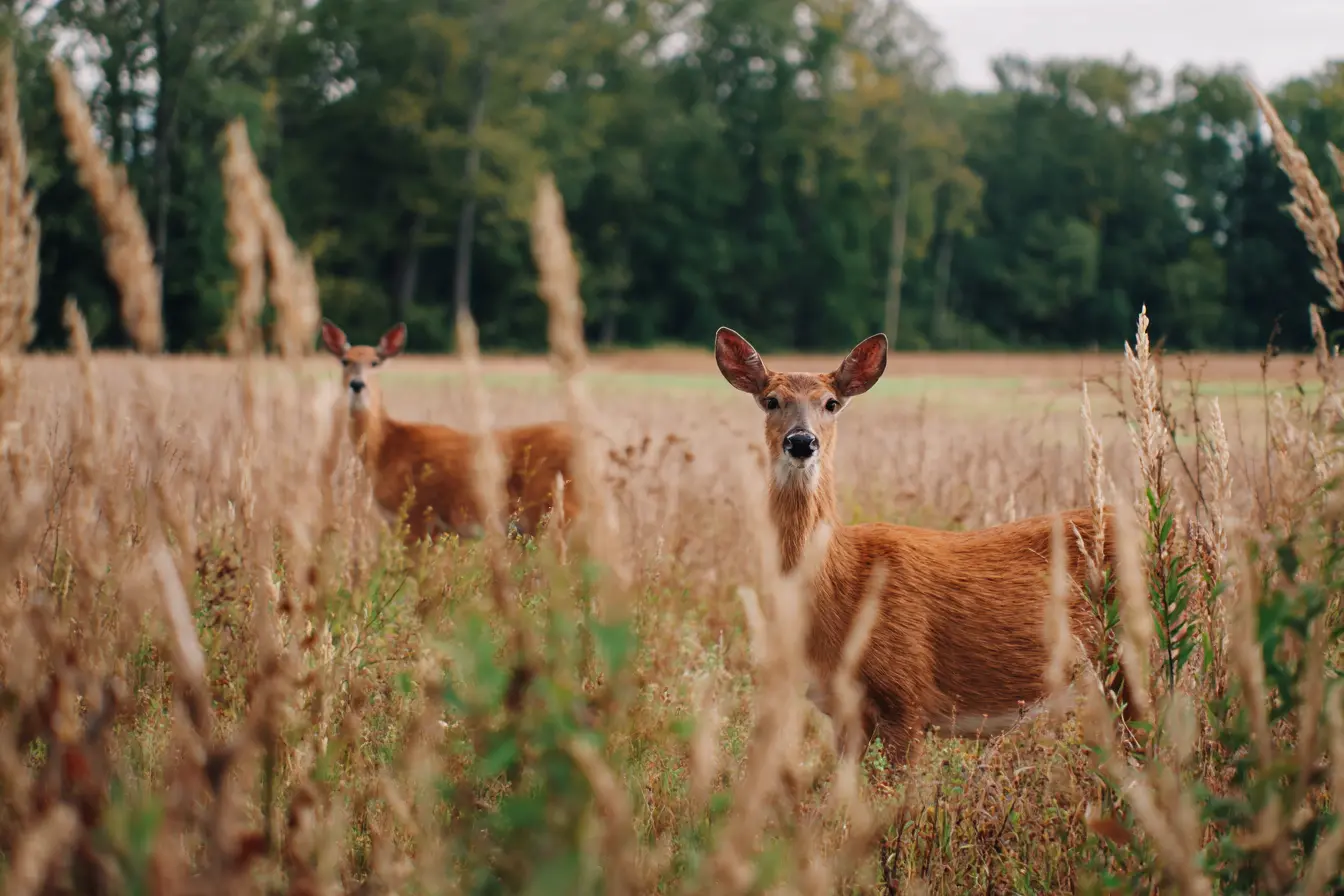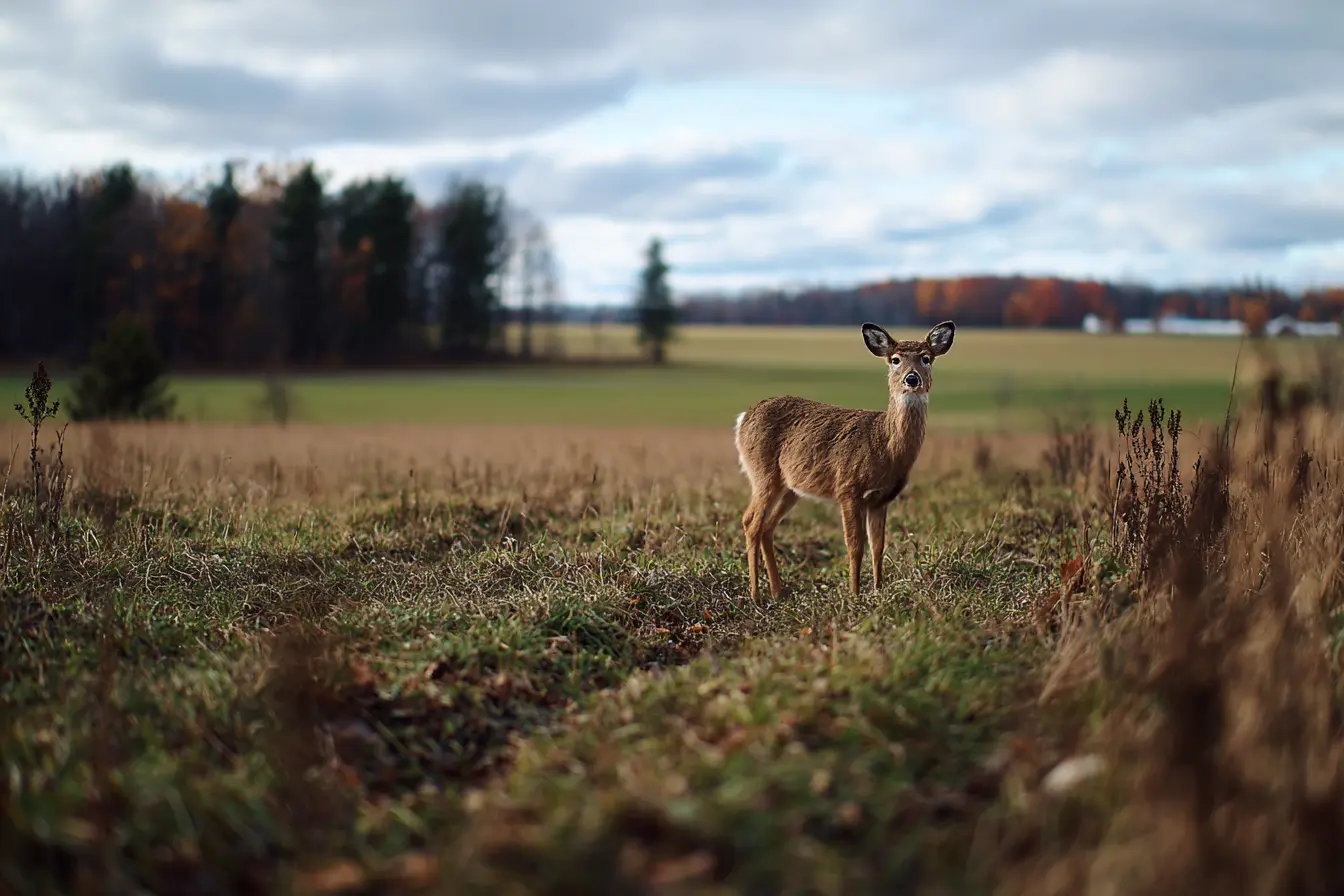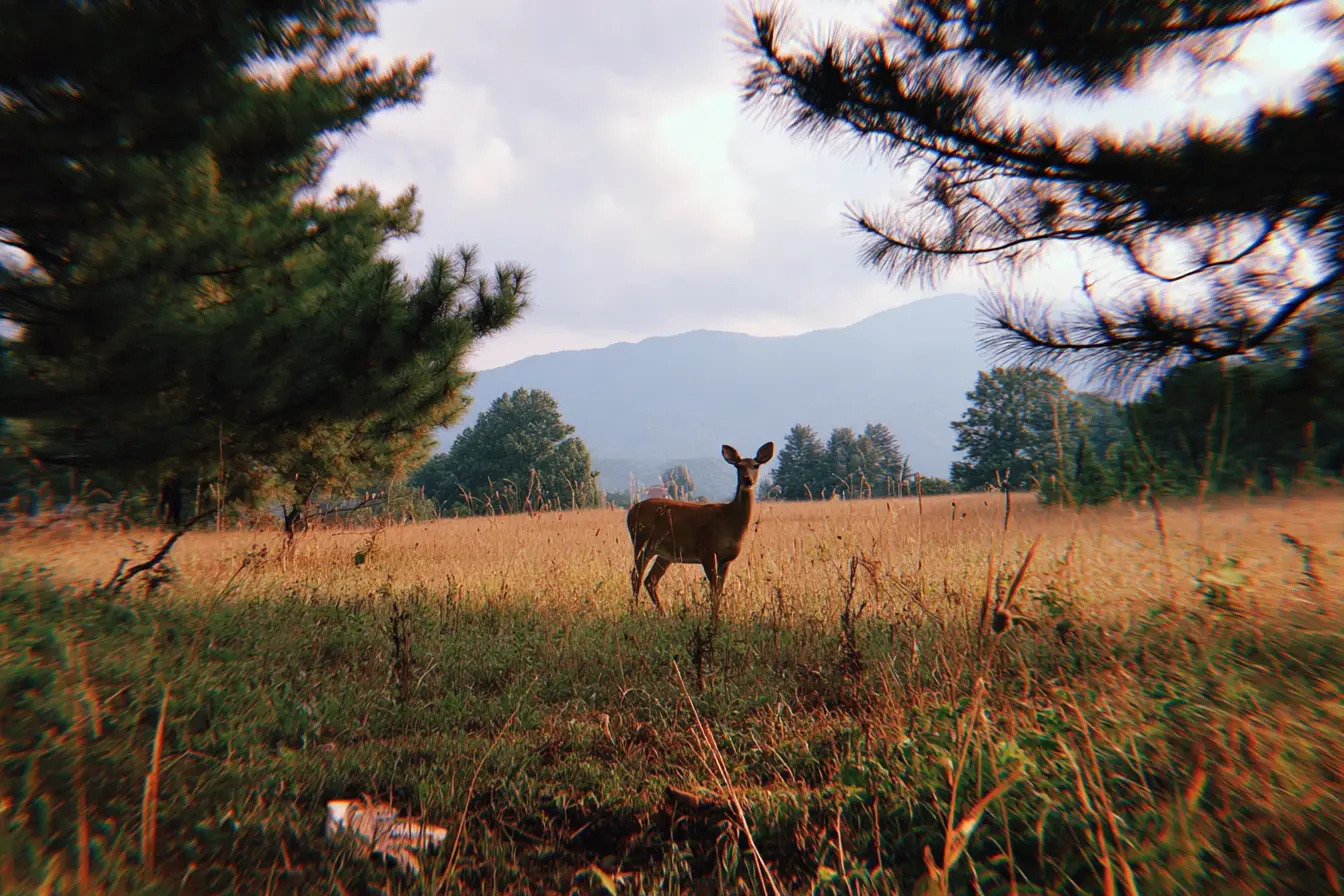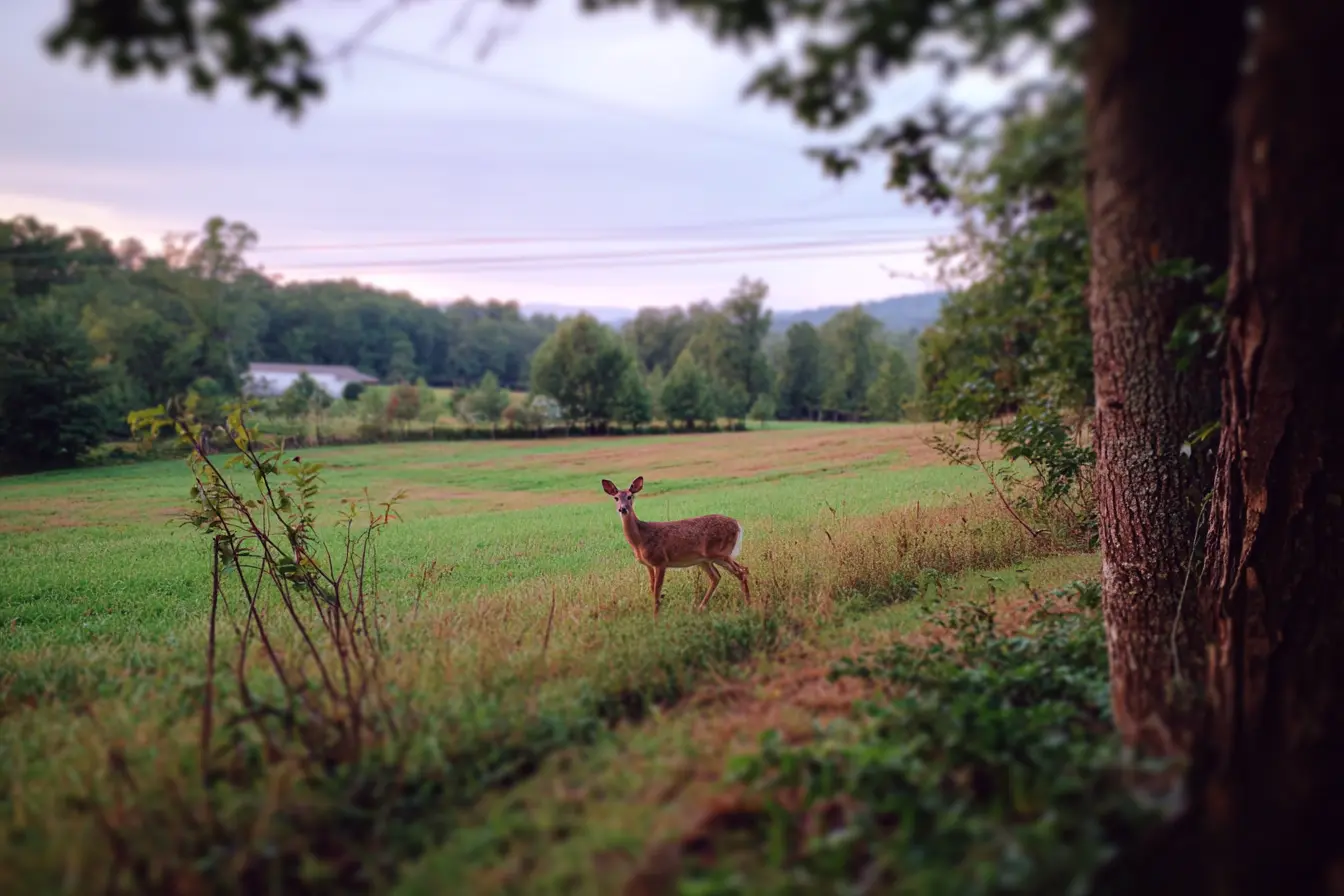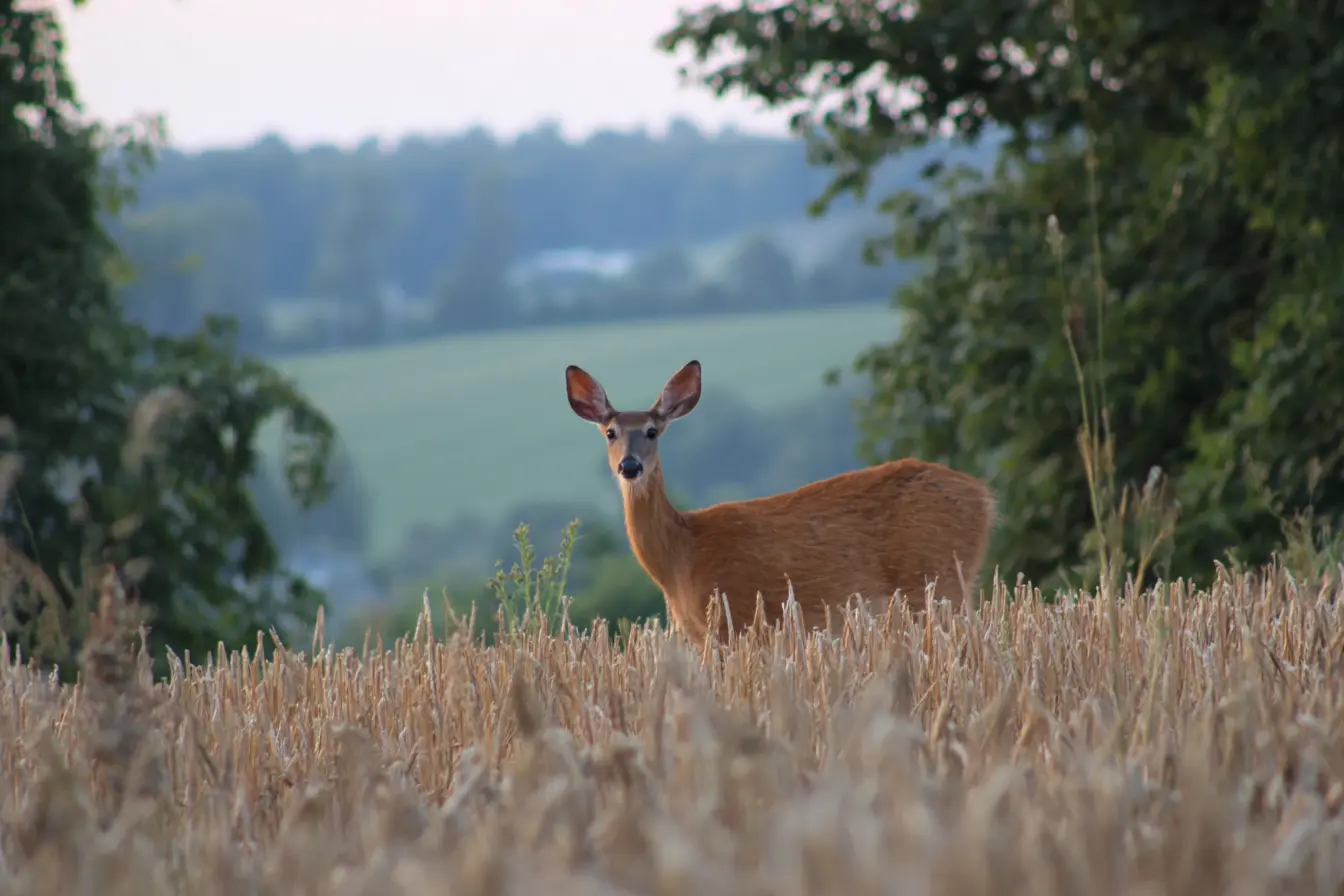
Monetising Wild Deer: Opportunities for Farmers and Landowners
For many farmers and landowners in the UK, deer have become an increasingly visible part of the rural landscape. While these graceful animals add to the beauty and character of the countryside, their growing numbers can create challenges—particularly in terms of crop damage, habitat loss and farm management.
Yet there’s another side to this story: deer can also represent an opportunity. By turning what is often seen as a problem into a potential income stream, farmers and landowners can help manage deer populations sustainably while also diversifying their rural businesses.
In this blog post, we’ll explore practical ways to monetise wild deer on your land, the steps you’ll need to take, and the benefits that can come from adopting a more proactive approach.
Why Monetise Deer?
The UK’s wild deer populations have grown significantly over recent decades. In many areas, they now exceed the carrying capacity of local habitats, putting pressure on woodland regeneration and farmland.
Culling is a necessary part of sustainable deer management. But rather than treating culled deer purely as a management burden, there are real advantages to using them as a resource:
- Reducing waste: Making use of culled deer helps ensure that the animals’ lives are respected and not wasted.
- Providing a sustainable, local food source: Venison is a healthy, lean meat that is increasingly in demand with consumers.
- Generating income: Selling venison or providing stalking opportunities can add a valuable revenue stream for your farm or estate.
Opportunities for Farmers and Landowners
Venison Production
Venison is prized for its flavour and low fat content. It’s also seen as a sustainable alternative to intensively farmed meats.
To monetise venison:
- Work with a game dealer: Many game dealers will buy deer carcasses directly from farmers or deer managers. Prices depend on species, weight, and quality.
- On-farm processing: With the right facilities and licences, some farmers choose to process and sell venison themselves, either direct to the public, through farm shops, or via farmers’ markets.
- Collaborative marketing: Partnering with other landowners or local butchers can open up new markets and improve returns.
Stalking and Sporting Opportunities
Deer stalking is a popular field sport in the UK, attracting both domestic and international visitors. Landowners can:
- Offer paid stalking experiences: Many sporting estates and farms charge for guided stalking days, especially in areas with healthy deer populations.
- Lease stalking rights: Some farmers lease stalking rights to professional deer managers or syndicates, providing a steady income while reducing their own management burden.
Environmental and Agri-environment Schemes
While not direct sales, participating in environmental stewardship or woodland creation schemes that integrate deer management can help secure payments for habitat restoration work. Effective deer management is often a key condition of such schemes, and your efforts can be financially recognised.
Key Considerations
Legal Requirements
Selling venison or offering stalking experiences comes with specific legal responsibilities:
- Venison sales: Carcasses must be handled in a licensed game handling establishment or by someone trained in large game handling. Regulations ensure food safety and animal welfare.
- Firearms and culling: Any culling must comply with the Deer Act 1991 and related wildlife legislation, including closed seasons and humane shooting standards.
- Insurance and liability: When offering stalking opportunities, adequate insurance and clear agreements with clients are essential.
Working with Professionals
If you’re new to deer management, consider working with:
- Professional deer managers: They can help ensure humane culling and maximise carcass quality for venison sales.
- Game dealers and butchers: They’ll provide insight on grading, processing and market demand.
- Local deer management groups: Collaboration can increase efficiency and make monetisation more viable.
Marketing Your Product
Venison appeals to consumers interested in sustainability, local food and healthy eating. Emphasise these points when marketing your product:
- Highlight the provenance and natural diet of wild deer.
- Share your story as a farmer or landowner managing deer as part of a healthy landscape.
- Use social media and local food networks to reach new audiences.
Conclusion: A Balanced Approach
Deer present both challenges and opportunities for farmers and landowners. By viewing them as a potential resource rather than solely a pest, you can create new income streams, support conservation goals and contribute to local food security.
At the same time, sustainable deer management ensures that the benefits of these iconic animals do not come at the cost of woodland health, biodiversity or agricultural productivity.
Vets near you
Speciality vets
- Aquatics vet specialists
- Birds vet specialists
- Camelids vet specialists
- Cats vet specialists
- Cattle vet specialists
- Deer vet specialists
- Dogs vet specialists
- Equines vet specialists
- Exotic vet specialists
- Goats vet specialists
- Pigs vet specialists
- Poultry vet specialists
- Sheep vet specialists
- Small Mammals vet specialists
- Wild vet specialists
Vet facilities
- Accessible by public transport
- Blood testing
- Car park nearby
- Client car park
- Dentistry
- Diagnostic imaging
- Disabled public access
- Flea and worm treatments
- Microchipping
- Mobile services
- Neutering
- Open at weekends
- Out-of-hours service
- Referral interests
- Referrals only
- Street parking outside
- Toilets available
- Vaccinations
